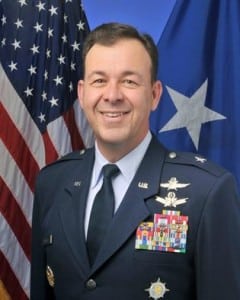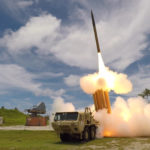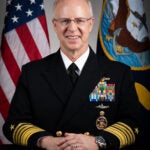
Retired Big. Gen. Gregory Touhill announced his resignation as U.S. Chief Information Security Officer (CISO) in a Jan. 19 post on social media site LinkedIn, following a four month tenure.Touhill was brought on in Sept. 2016 as the first Federal CISO as part of the Obama Administration’s 2016 Cybersecurity National Action Pan (CNAP) (Defense Daily, Sept. 9, 2016). He previously served at the Department of Homeland Security (DHS) as the Deputy Assistant Secretary for Cybersecurity and Communications in the Office…

 By
By 










